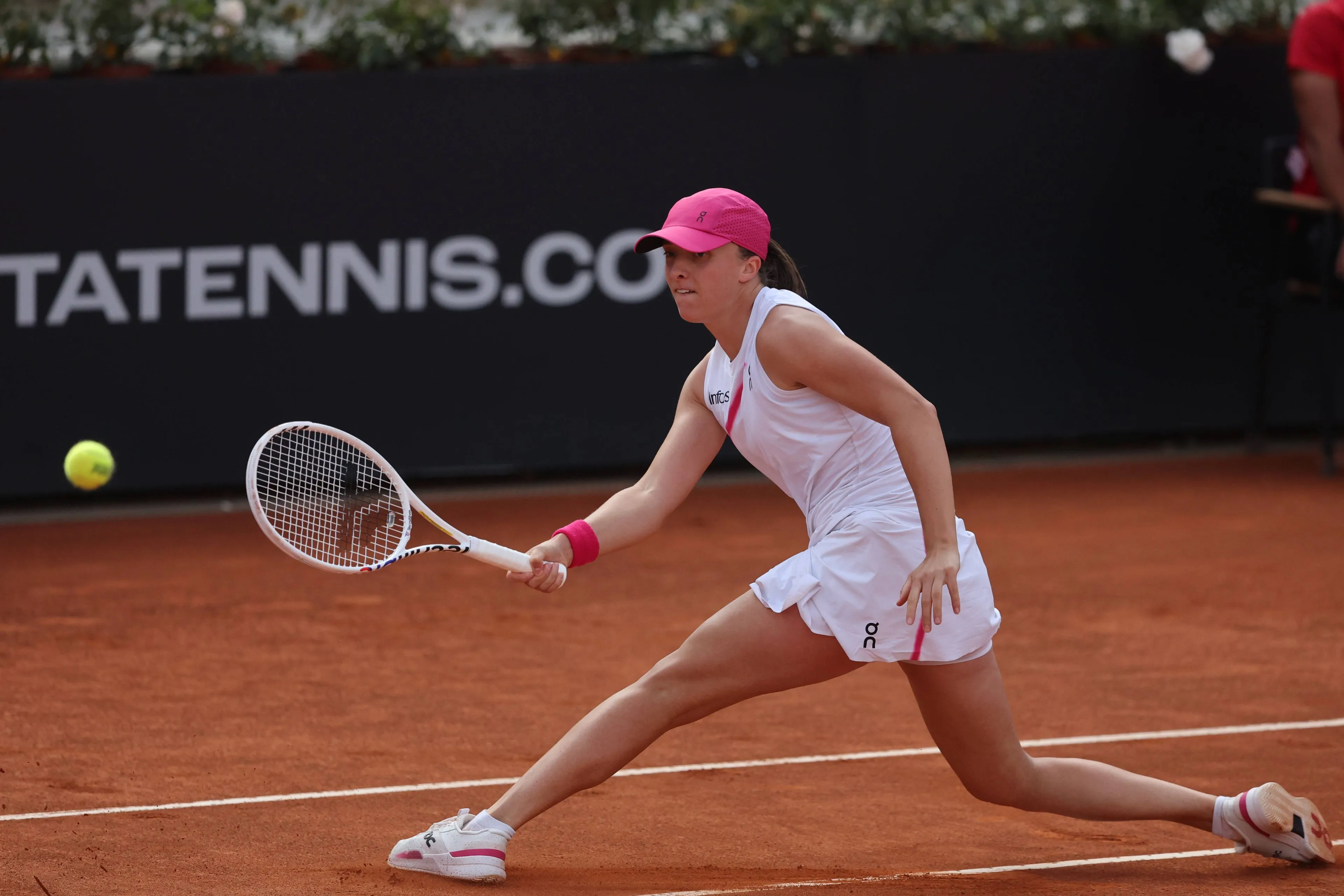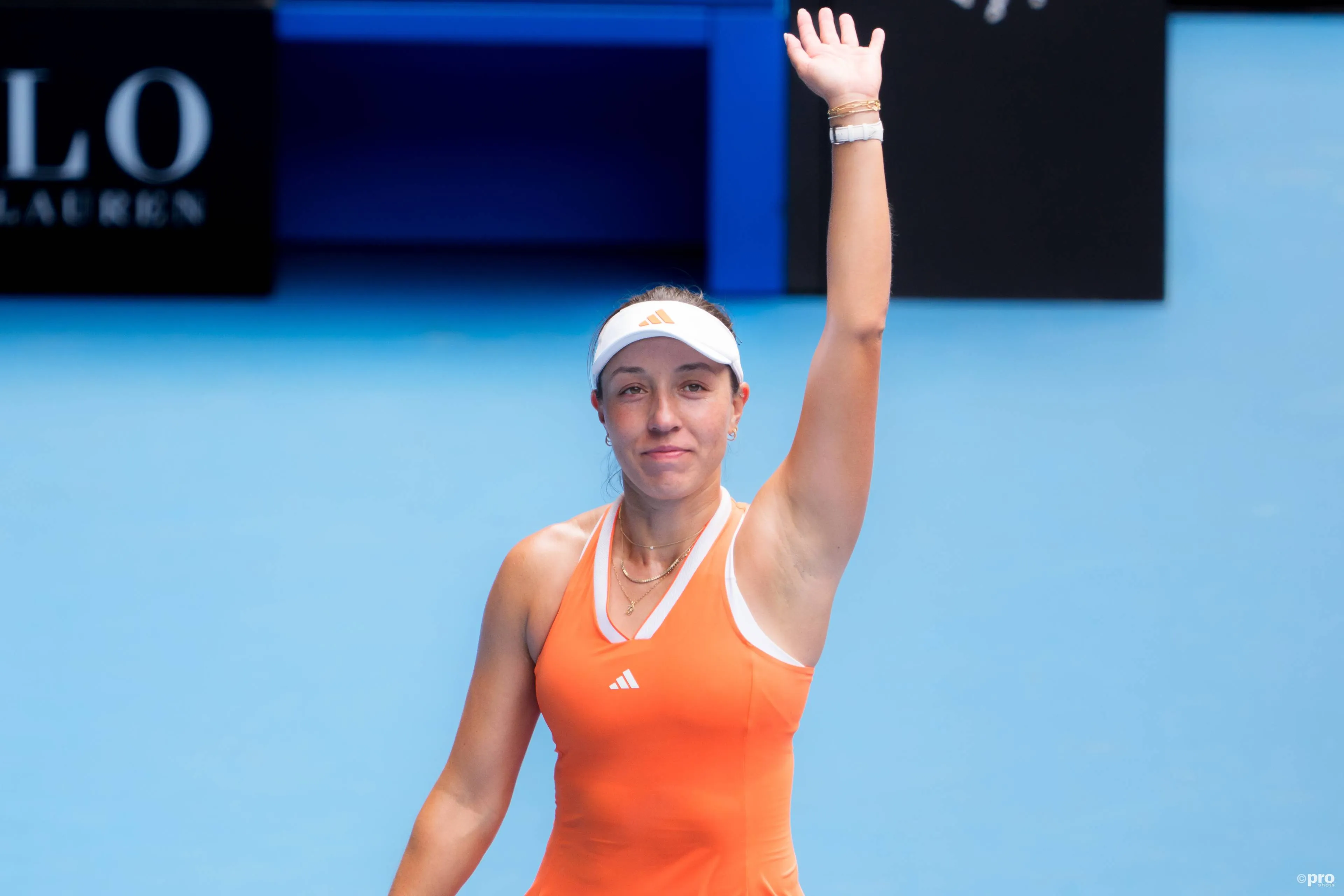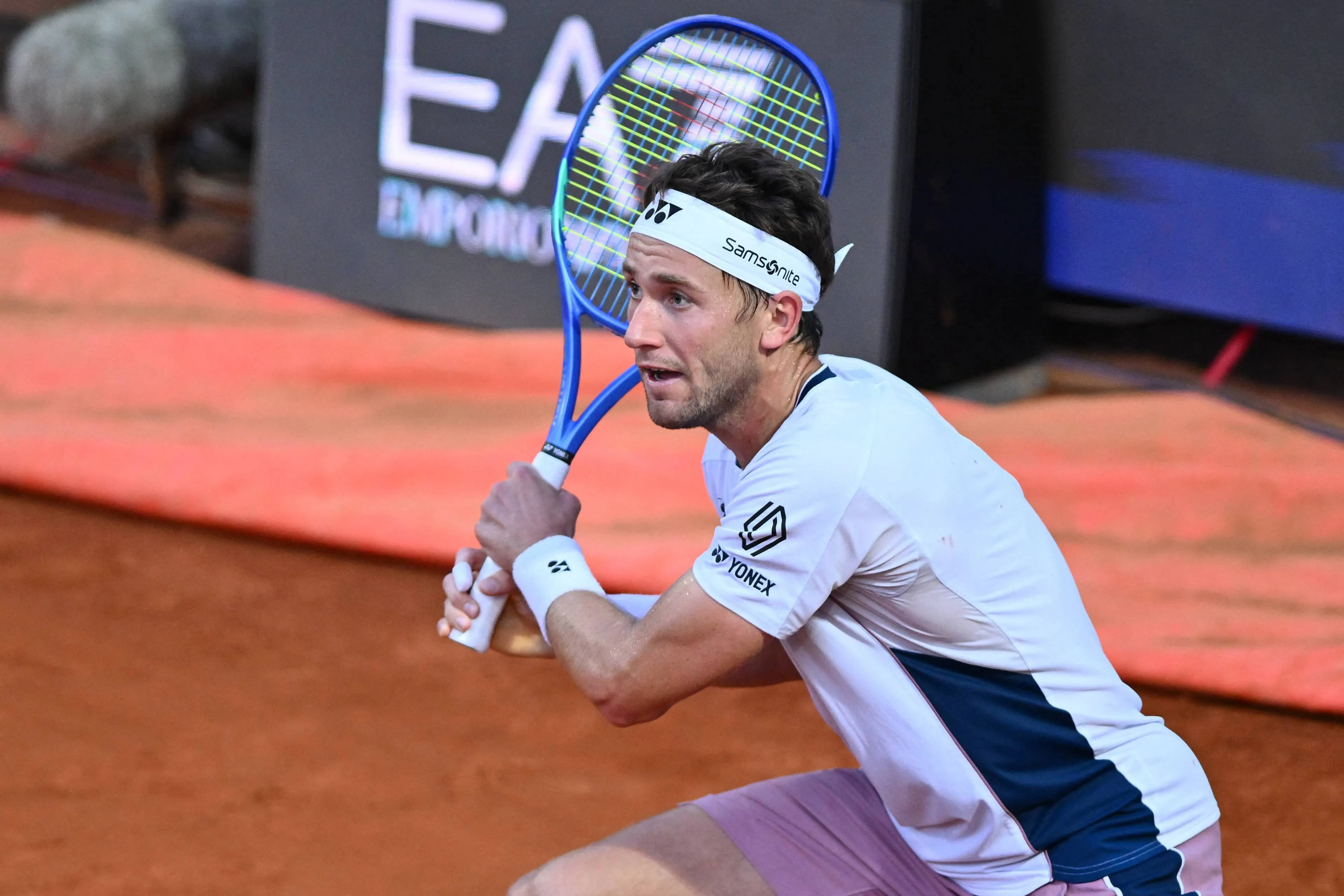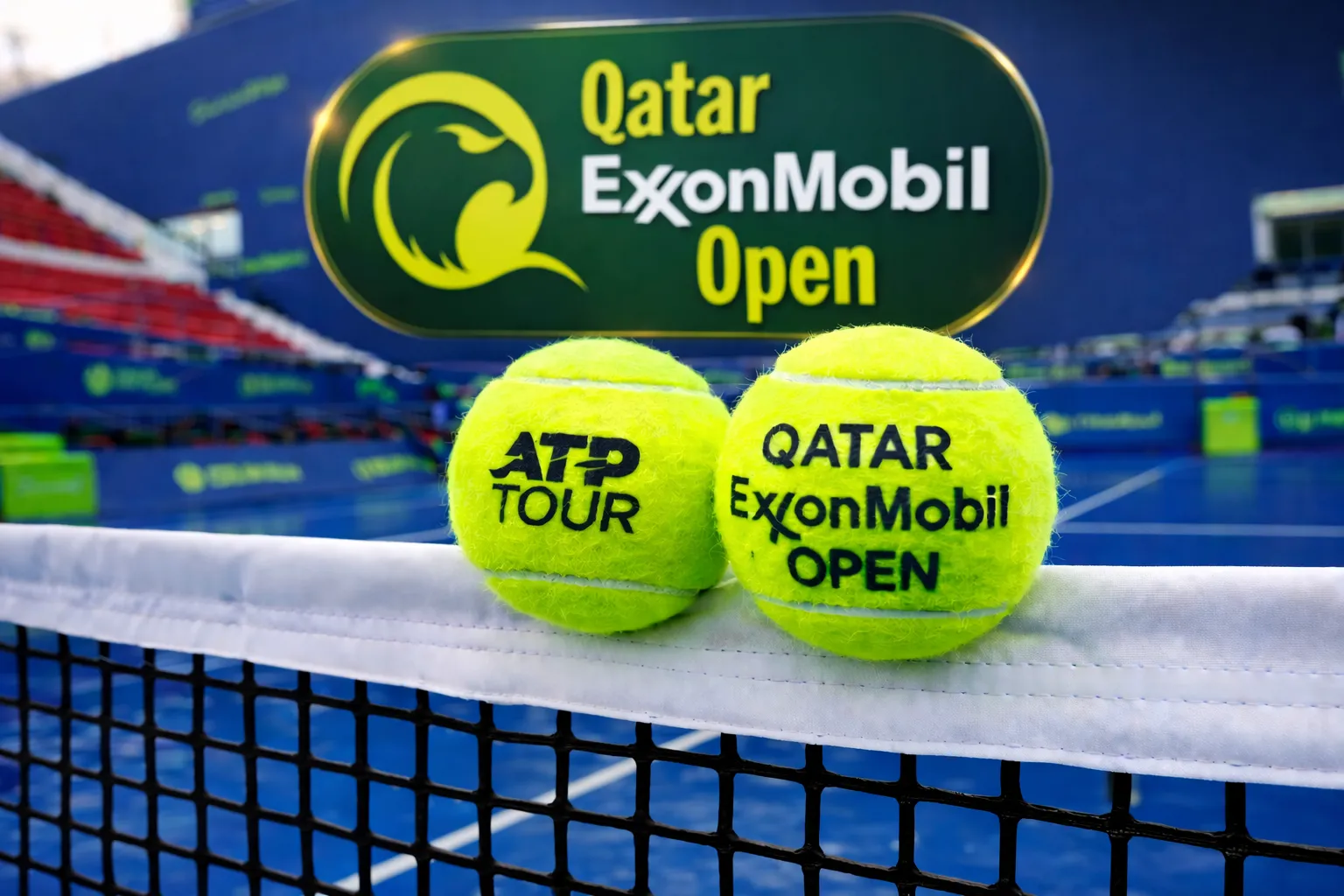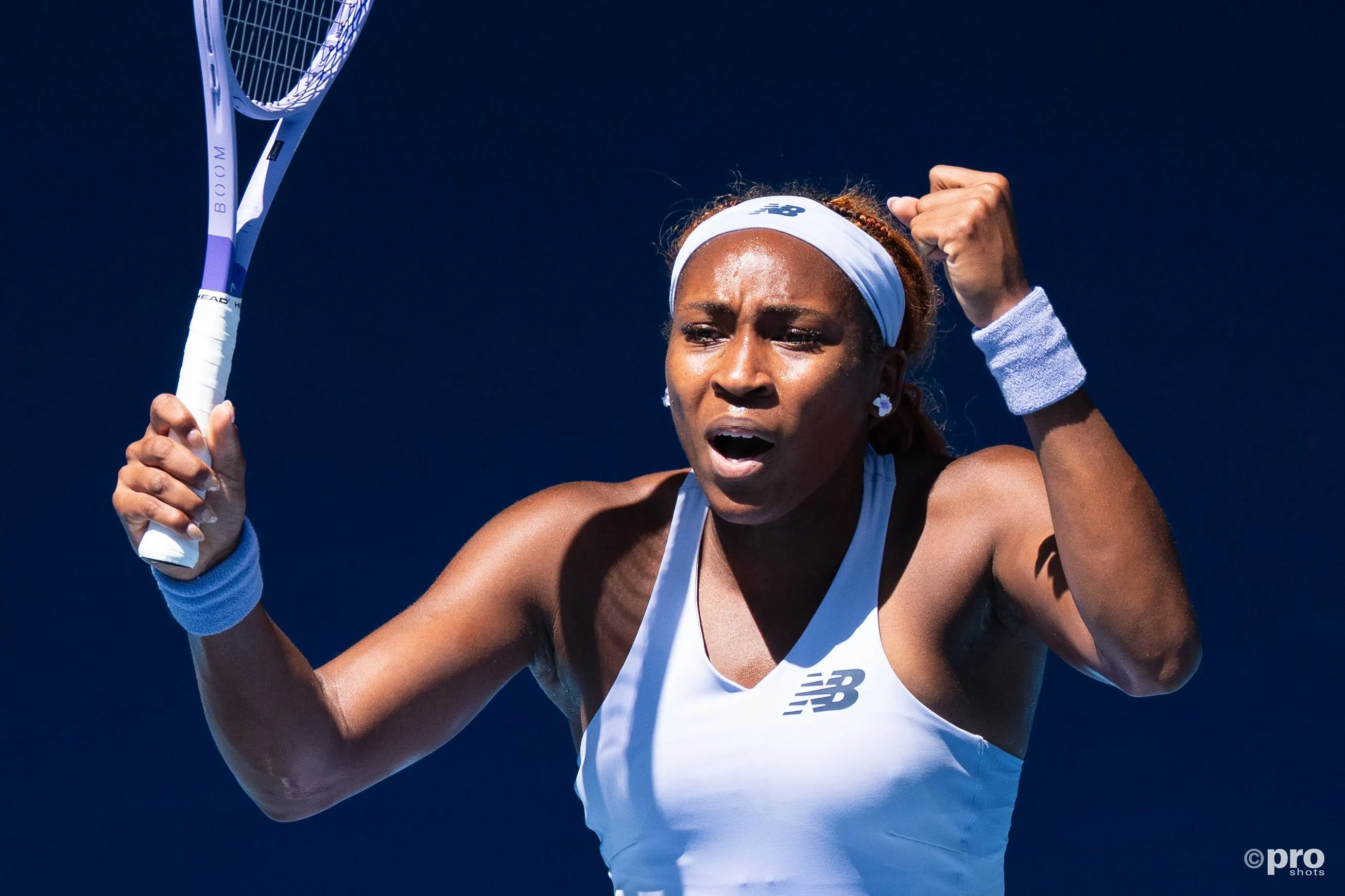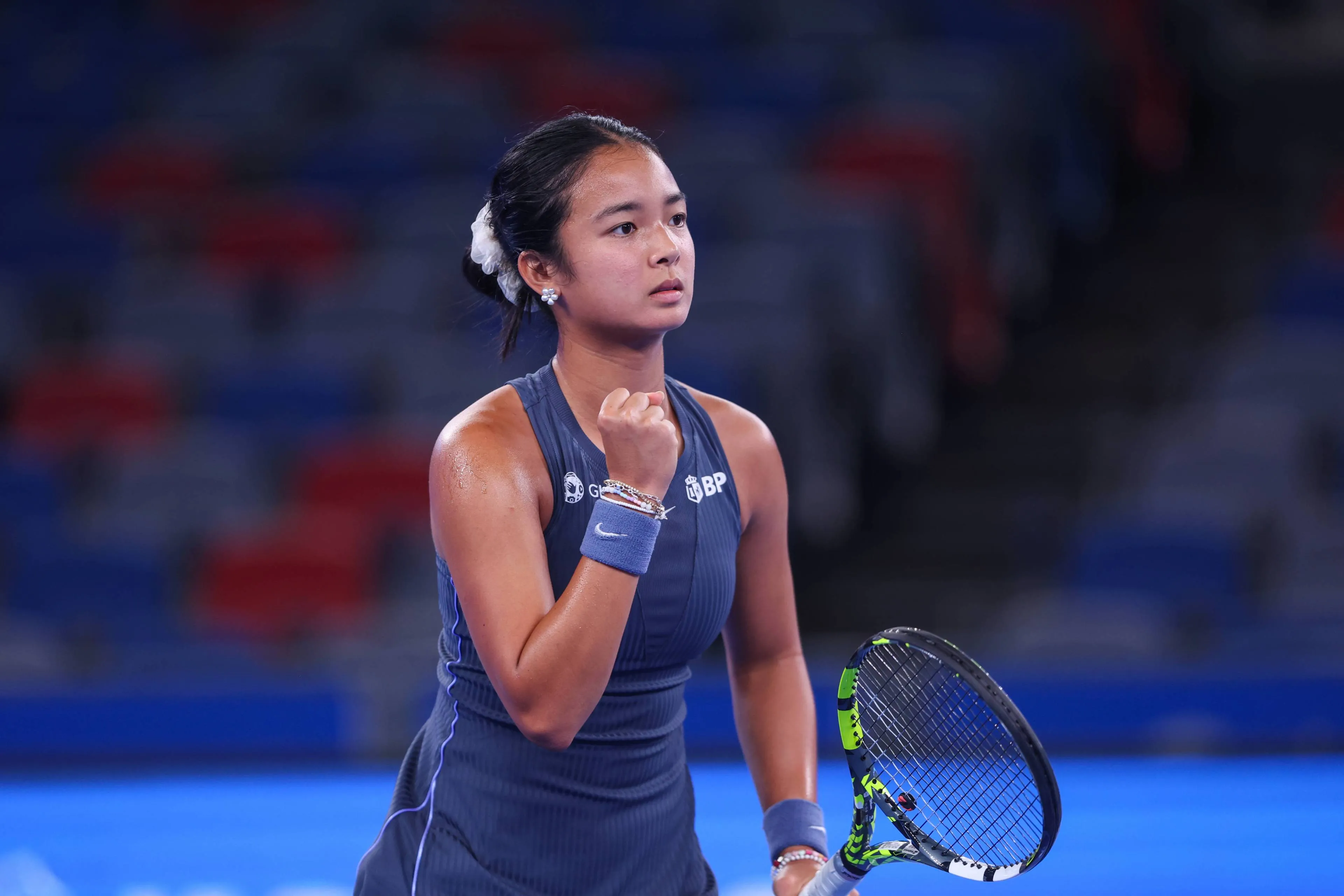“This was not an ‘unfortunate incident’”: PTPA Director slams anti-doping processes following Swiatek suspension
ATPFriday, 29 November 2024 at 00:08
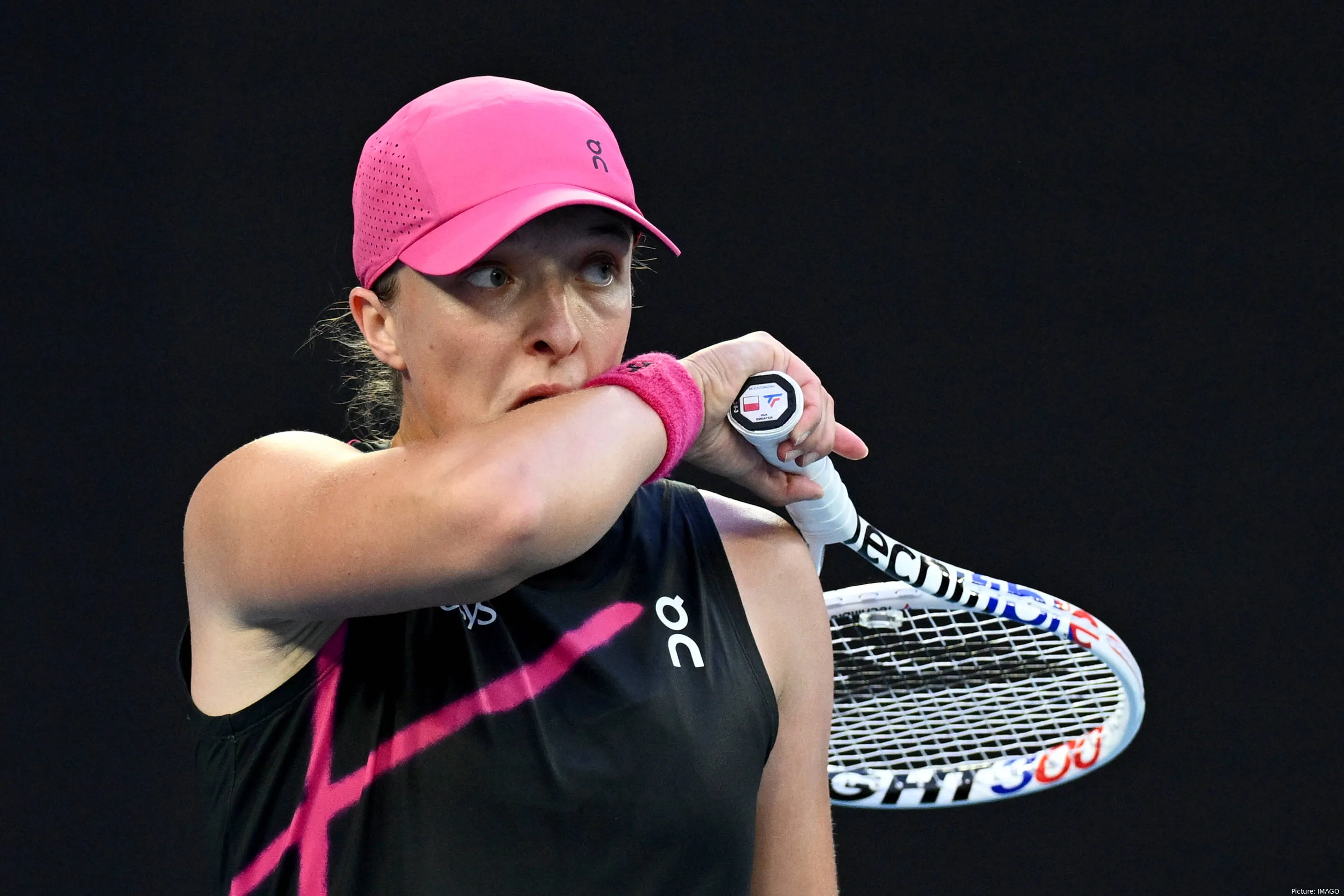
Iga Swiatek announced on Thursday that she tested positive for doping in
August and received a one-month ban, reigniting debates over how authorities
handle doping cases. The Polish player tested positive for trimetazidine and
received support from the WTA, but the Professional Tennis Players Association
(PTPA) director, Ahmad Nassar, criticised the overall management of these cases.
Months ago, Jannik Sinner was at the centre of controversy after it
emerged he had tested positive for doping twice. Investigations concluded that
he bore no fault or negligence, and he was not suspended—a decision many
perceived as preferential treatment compared to other players who faced lengthy
bans in similar circumstances.
“Tennis must do better” - PTPA Director Ahmad Nassar
This time, Swiatek tested positive in August and was handed a one-month
suspension after it was determined she bore no significant fault or negligence.
The WTA swiftly supported the five-time Grand Slam champion, releasing a
statement:
“The WTA fully supports Iga during this difficult time. Iga has consistently
demonstrated a strong commitment to fair play and upholding the principles of
clean sport, and this unfortunate incident highlights the challenges athletes
face in navigating the use of medications and supplements.
Read also
“The WTA remains steadfast in our support for a clean sport and the
rigorous processes that protect the integrity of competition. We also emphasize
that athletes must take every precaution to verify the safety and compliance of
all products they use, as even unintentional exposure to prohibited substances
can have significant consequences.”
Ahmad Nassar, the Executive Director of the PTPA, an organisation created by
Novak Djokovic in 2019 to defend players' interests, strongly criticised the
handling of doping cases: “I’m sorry. This was not an ‘unfortunate incident.’ A
real unfortunate incident is something you cannot control. Tennis can – and
should! – no, must! – control its own anti-doping process,” he wrote on X
(formerly Twitter).
“Athletes indeed face ‘challenges.’ Like, the weather. And their
opponents. But the messy, tennis-establishment-imposed anti-doping process is
not some ‘challenge’ athletes must overcome. That’s a cop-out,” he added.
Read also
“What ‘precaution’ should Iga have taken here? Pre-test melatonin on the
minuscule chance it was contaminated? Come on. Perhaps the tours which claim to
‘fully support’ players should offer pre-tested common medications, like
melatonin, to all players? What’s that? Sounds unreasonable? Oh ok – then why
do we place even more unreasonable standards and burdens on individual
athletes???”
Denis Shapovalov quickly weighed in on social media, referencing
Swiatek: “1 month ban eh,” he wrote. Months earlier, he had been among the most
vocal critics of how Sinner’s case was handled. Later, he even mentioned Simona
Halep and Mikael Ymer as examples of what he called “inconsistent rules.”
I’m sorry. This was not an “unfortunate incident.” A real unfortunate incident is something you cannot control. Tennis can - and should! - no, must! - control its own anti-doping process.
— Ahmad Nassar (@ahmad4athletes) November 28, 2024
Athletes indeed face “challenges.” Like, the weather. And their opponents. But the messy,… pic.twitter.com/8zZLPkvkWz
1 month ban eh
— Denis Shapovalov (@denis_shapo) November 28, 2024
claps 0visitors 0
Just In
Popular News
Latest Comments
- You seem to have 'lost the plot' ??
- This needs to be done, and I think Jessica Pegula is an excellent choice for chair to look into the situation. However, a very brief look at the other members of the panel would suggest a very USA heavy contingent. The group needs to represent all interests, not just turn it into a way the US can screw more money out of an already biased calendar.
- The tennis world should be kissing her feet for taking-on this long needed position in a much needed council. The WTA and ATP need a good shaking-up. Pegula's business heritage is a proven one. Let's hope she and her colleagues can stop WTA & ATP from shutting their work down and out. GO GET 'EM !!
- So the Sportswasher's largest market is... the Filipino community? That's all well and good but the hundreds and hundreds of empty seats throughout is embarrassing. Talk about bad optics!
- The poor Head Sportswasher has been whining and crying in the media, and basically threatening Saba, Iga, etc. Must be a real Ego Buster when they dangle money and people (especially Women) say, 'No thanks'.
- "Losing-itis" is not uncommon in Emma's small world. Just keeps begging the question, 'What are sponsors paying for? Limited tennis appearances... or Social Selfie Media presence?'
- Dubai can suck it up like everyone else. Just because they think they run the show, they do not. Sportswashing does not give them Power.
- You're losing your mind here.. You use a lot of space, yet inadequate knowledge. Read the WTA Rule Book 2026; it answers all your questions and accusations.
- Why single out Iga and Aryna to punish?, Since when do players get punish because they withdraw from tournaments? Maybe if they both were treated like number one and two players, they would not have this problem. The WTA discriminates against them because of their nationalities, yet they want to make money off them. Every tournament, Iga has harder draws than qualifiers from the beginning to the end. In the Australian Open they stuck Aryna out in the sun the majority of her matches in order to tire her out. She is the number one player in the world and she never got the opportunity to play with the roof closed. If they want these top players to continue playing and making money for them, then they should treat them as such. Otherwise, get the players who they are always giving out cupcake draws to like Pegula to play their tournaments. Lets see how many seats in the audience she will fill. Iga has more fans in the seats than any player in the WTA, yet she is always disrespected and mistreated because of her nationality. The WTA is a corrupt, bias and racist organization. No matter what job someone is on, you cannot tell them that they are not sick or injured.
- LOL. Billie Jean King hates being a woman.
Loading
